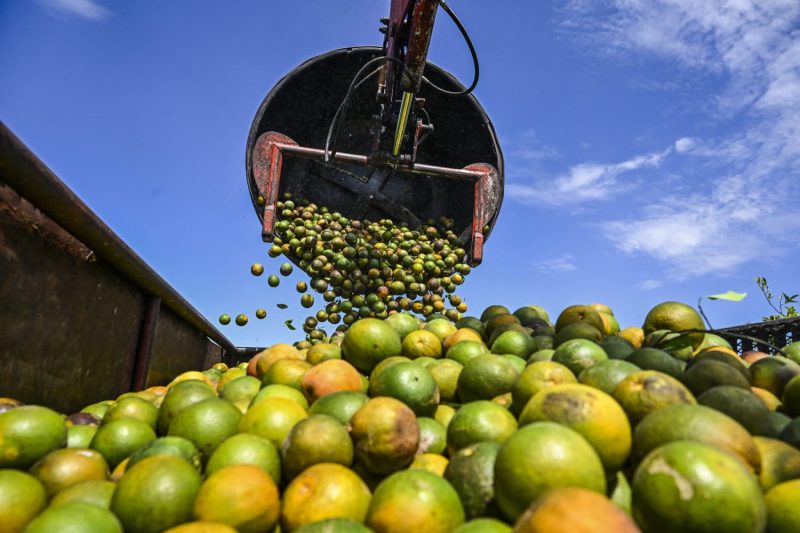Orange juice has long been a breakfast staple for many people around the world, prized for its refreshing taste and health benefits. However, despite its popularity, orange juice can come with a hefty price tag that leaves consumers wondering why this simple beverage is so expensive.
One key factor contributing to the high cost of orange juice is the labor-intensive process involved in producing it. Oranges are not the easiest fruit to harvest, requiring skilled labor to pick them at the optimal time to ensure they are ripe and full of flavor. The delicate nature of oranges also means they must be handled with care to prevent damage that can affect their quality and taste.
Another reason for the higher cost of orange juice is the significant amount of water required to grow oranges. The trees need regular irrigation to ensure they produce juicy and flavorful fruit, which adds to the overall production costs. In regions where water is scarce or expensive, such as in certain parts of the United States and Brazil, the cost of producing oranges and, subsequently, orange juice, can be much higher.
The process of turning oranges into juice is also a resource-intensive endeavor. Oranges must be transported from the orchards to processing facilities, where they are washed, sorted, and juiced. This process requires machinery, energy, and skilled labor, all of which contribute to the final cost of the product.
Additionally, the packaging and distribution of orange juice further increase its price. Glass and plastic containers, labels, and caps all add to the cost of the final product. The juice then needs to be transported to stores and distribution centers, incurring additional expenses related to fuel and logistics.
Furthermore, the volatile nature of the orange market can also impact the price of orange juice. Factors such as weather conditions, pests, and diseases can affect orange yields, leading to fluctuations in supply and demand that can drive up prices. Additionally, the global orange juice market is influenced by international trade agreements, exchange rates, and tariffs, all of which can affect the cost of orange juice for consumers.
In conclusion, the high cost of orange juice can be attributed to a combination of factors, including the labor-intensive nature of orange cultivation, the significant amount of water required to grow oranges, the resource-intensive process of producing juice, the costs associated with packaging and distribution, and the volatile nature of the orange market. While orange juice may be more expensive than other beverages, its unique taste, health benefits, and the effort that goes into its production make it a worthwhile investment for many consumers.
